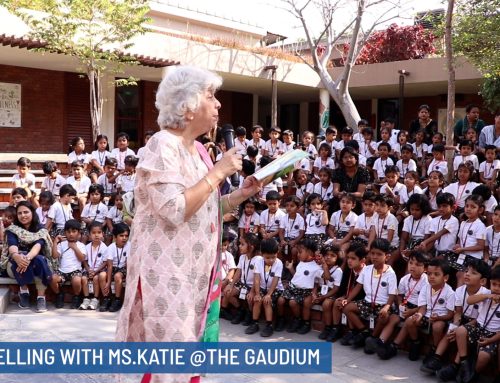Grade 1 students experienced an extraordinary learning adventure at Daisy Dale Farm Park, where traditional classroom boundaries dissolved into a vibrant world of hands-on discovery. This immersive journey allowed children to engage all their senses as they petted ponies, fed lambs, and cuddled rabbits—activities that naturally cultivated empathy, responsibility, and a deeper understanding of animal care that no textbook could adequately convey.
Experiential learning opportunities like farm visits transform abstract concepts into tangible realities for young minds. When children observe colorful birds in their habitat or witness farm operations firsthand, they develop neural connections that strengthen memory retention and comprehension. Research consistently shows that knowledge gained through direct experience becomes more deeply embedded than information acquired through conventional instruction alone.
The farm environment provided a natural laboratory where students could practice observation skills, ask spontaneous questions, and make connections between classroom learning and the real world. This type of contextual learning helps children develop critical thinking abilities as they compare, contrast, and categorize new information—cognitive skills that transfer across all academic subjects and life situations.
Beyond academic benefits, these immersive experiences nurture children’s social-emotional development in profound ways. Working together to complete farm activities builds teamwork and communication skills, while overcoming initial hesitations about touching animals or navigating new environments develops resilience and confidence. The shared excitement and wonder of discovery creates collective memories that strengthen classroom community and provide rich material for reflection, discussion, and creative expression long after the visit concludes.






Leave A Comment